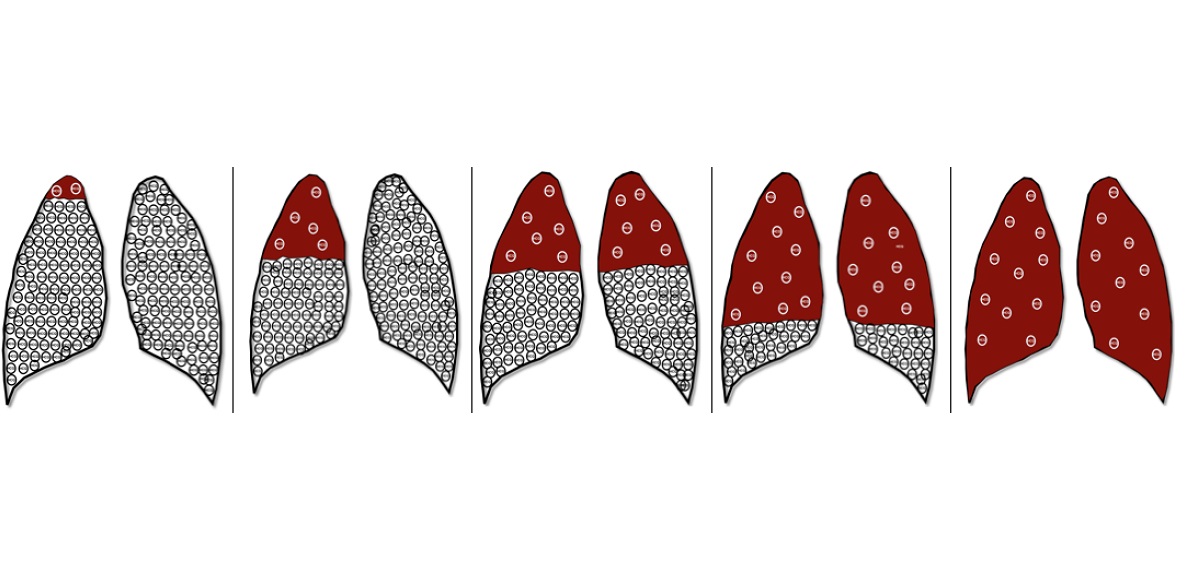According to current literature and preliminary data, hydroxychloroquine (HCQ) seems potentially effective in treating patients with Covid-19 pneumonia. The concentrations of the HCQ in lungs might be well above that of plasma. Most likely, this property of HCQ provides effective drug concentrations in lungs. HCQ has a gradual onset of action in the treatment of rheumatic diseases. This could be valid for the treatment of Covid-19 pneumonia. Reduced perfusion, somewhat distorted architecture of lung tissue, edema and, gradual accumulation of HCQ in lung tissue might reduce HCQ concentrations in pneumonic areas of the lungs in Covid-19 pneumonia. Patients having extensive lung involvement might have less HCQ concentrations in their lungs than patients having limited lung involvement. Furthermore, patients having extensive lung involvement might have more viral load than patients having limited lung involvement. That’s why HCQ might be more effective in the treatment of mild and moderate Covid-19 pneumonia cases and might not be effective in advanced cases. Using HCQ in Covid-19 prophylaxis seems logical since providing enough accumulation of HCQ in the healthy lungs before the arrival of the SARS-CoV-2 virus, might prevent Covid-19 pneumonia. However,the purpose of this paper is not to recommend using or not using HCQ for the treatment or for the prophylaxis of Covid-19 pneumonia. The purpose of this paper is only to try to bring a new perspective on the role of HCQ in the treatment or in the prophylaxis of Covid-19 pneumonia. This paper proposes only hypotheses, which need further researches to be confirmed.

